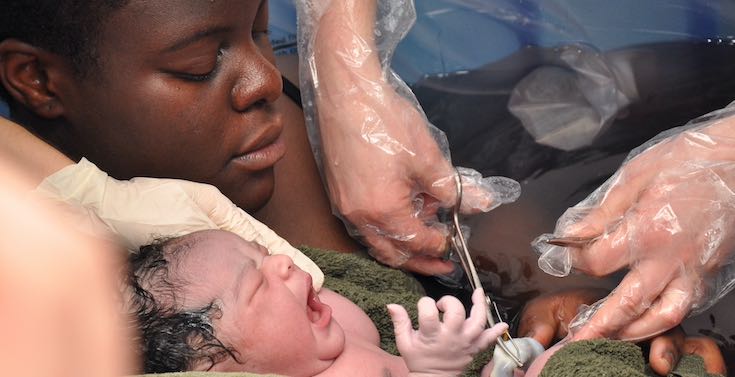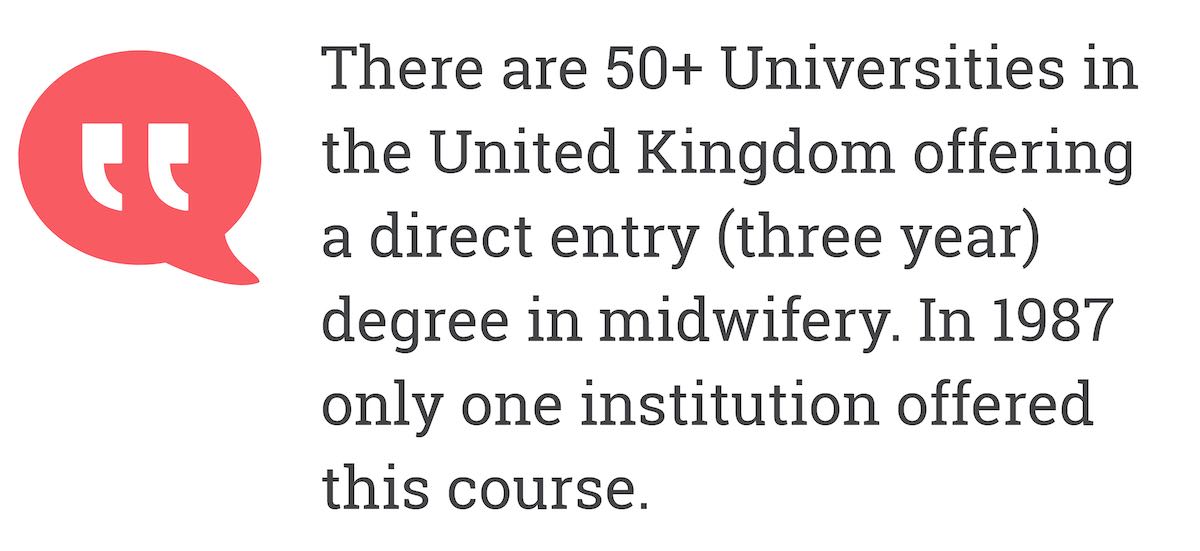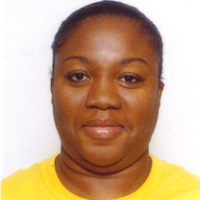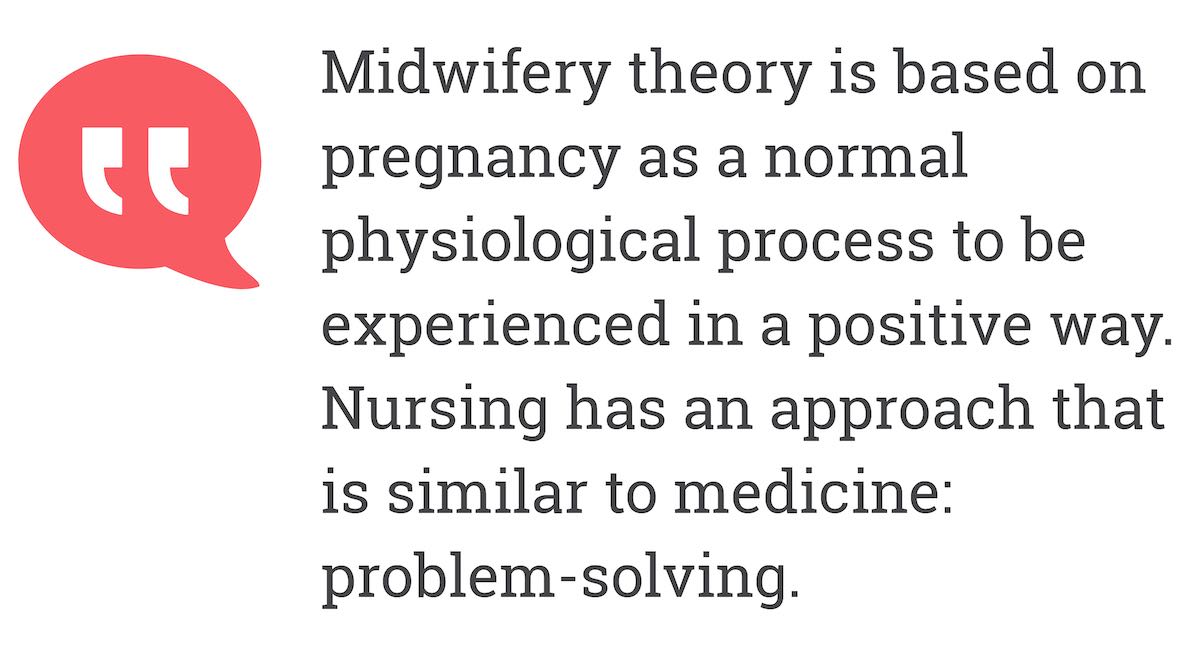- 13 May 2021
- 9 min read
Comparing Nursing With Midwifery - Choosing The Right Career Path
Subscribe "Midwifery theory is based on pregnancy as a normal physiological process to be experienced in a positive way. Nursing has an approach that is similar to medicine: problem-solving."
"Midwifery theory is based on pregnancy as a normal physiological process to be experienced in a positive way. Nursing has an approach that is similar to medicine: problem-solving."Covid has created a surge in interest in healthcare jobs. Nursing and Midwifery are popular career choices in 2021. If you’re trying to choose between them, Brenda explains the key differences.
Topics Covered In This Article
Midwifery - Balancing Clinical Needs With Natural Process
The 6 Qualities That Make A Good Midwife
Nursing Is A Broader Career Pathway Than Midwifery
Midwives Are There At Each Stage Of Pregnancy
Routes Into Nursing And Midwifery
How To Get The Qualifications You Need To Studying Nursing Or Midwifery Degrees
No Need To Choose Between Nursing Or Midwifery Now!
Direct Entry Into Midwifery
Some thirty-five plus years ago the main route into midwifery was as a Registered Nurse going on to specialise in midwifery.
This was until 1987, when the study into (barriers to implementing) direct entry midwifery training, was commissioned by the English National Board.
During this study (Published in 1993) by the Department of Educational Studies of the University of Surrey to inform the implementation of the course of study and determine the required duration and the curriculum development it was noted that the description of the (non-nursing) midwifery course as a “Direct Entry” training course carried a negative connotation.

And the term “Three Year” midwifery training was suggested as a more acceptable description.
Fast forward to 2021 and there are more than 50 major Universities in the United Kingdom offering a direct entry (three year) degree in midwifery compared to early 1987 when only one institution offered this course to people who were not nurses.








About this contributor
Adult Nurse & Midwife
I work as a Midwife and an Adult Nurse. My current role is in a community hospital that specialises in rehabilitation of adult patients who have become dependent. My Adult Nursing career spans over 20 years to include Adult, Medical, Surgical Nursing. My special interests include women's health, diabetes, public health and Midwifery.
More by this contributorWant to get involved in the discussion?
Log In Subscribe to comment